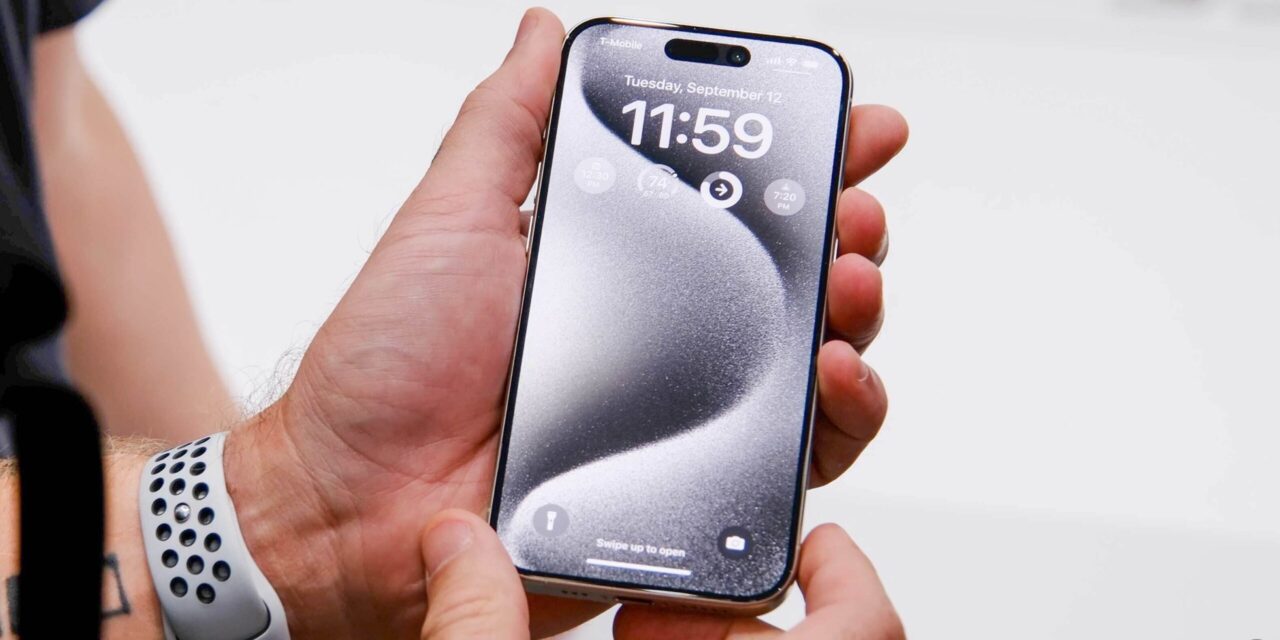TSMC to Fabricate 2019 iPhone 11’s A13 Chip on Enhanced 7nm Node

Last year, Apple was the first company to release a device featuring a 7nm chip, the A12 Bionic found inside the iPhone XS and iPhone XR. This year, Apple will be making use of TSMC’s N7+ node for its A13 chip for iPhone 11 series.
As per today’s report, Apple won’t be the first company to release a chipset fabricated on TSMC’s 7nm EUV process. Instead, that crown will go to Huawei’s HiSilicon which will be fabricating its Kirin 985 chip on TSMC’s 7nm EUV process dubbed N7+.
However, Apple will still have a slight edge as TSMC will introduce an enhanced version of its N7+ fabrication node for the company’s A13 chip. The node is expected to be ready by the second quarter of this year, though it is unclear as to what benefits it will offer over the regular N7+ node.
It is possible that the enhanced N7+ node will simply offer lower leakage and higher precision than the first batch of N7+ chips which will be procured by HiSilicon.
All major foundries are expected to switch to EUV meaning Extreme Ultraviolet Lithography for their 7nm process. This will allow for greater precision and smaller chips and reduce current leakage as well. TSMC foundries are leading the fabrication race for now, though Samsung is also expected to start mass producing 7nm EUV chips from early next year. TSMC is also slated to start a trial risk production of 5nm chips by the end of H1 2019, with mass production scheduled for the end of this year or early 2020.
Our Take
TSMC has been fabricating chips for Apple for quite a few years now and given its lead in this area, the Cupertino company is unlikely to look elsewhere. Since there won’t be a die shrink this year for the A13 chip, Apple will have to make improvements to the architecture and memory subsystem to eke out more performance from the chip.
[Via DigiTimes]
Subscribe to iPhoneHacks Daily Newsletter
Sign up for our iPhoneHacks Daily newsletter to get the top Apple news stories delivered to your inbox.






Recent Comments